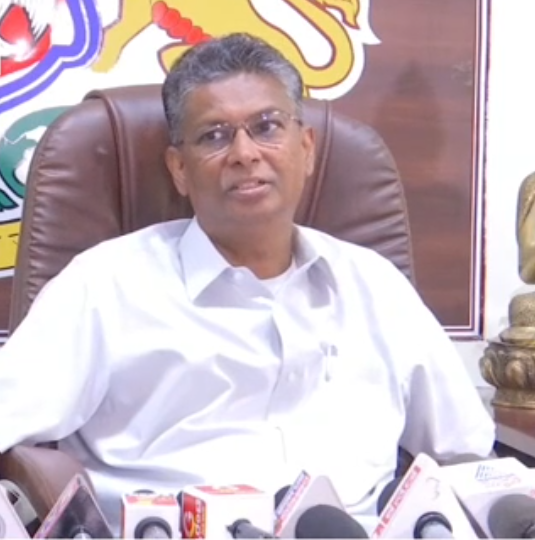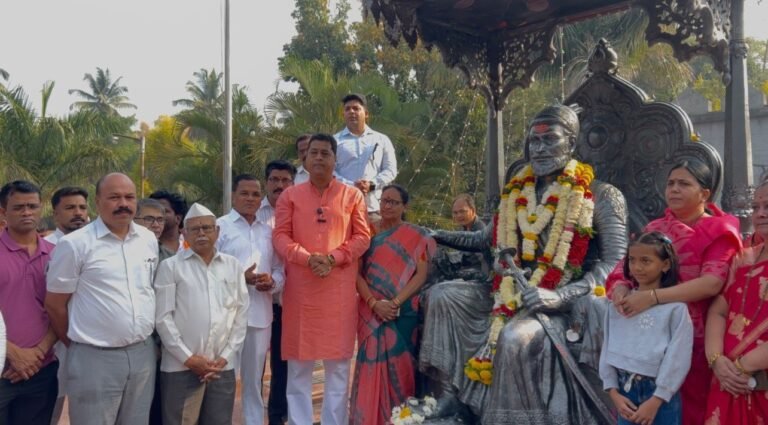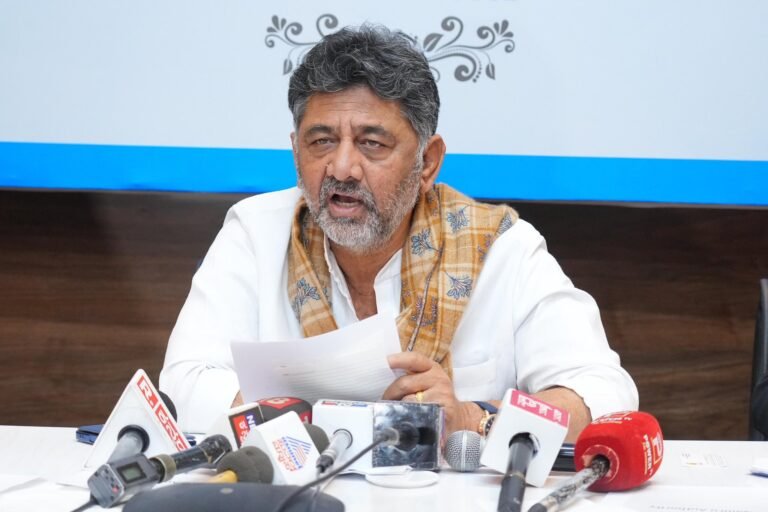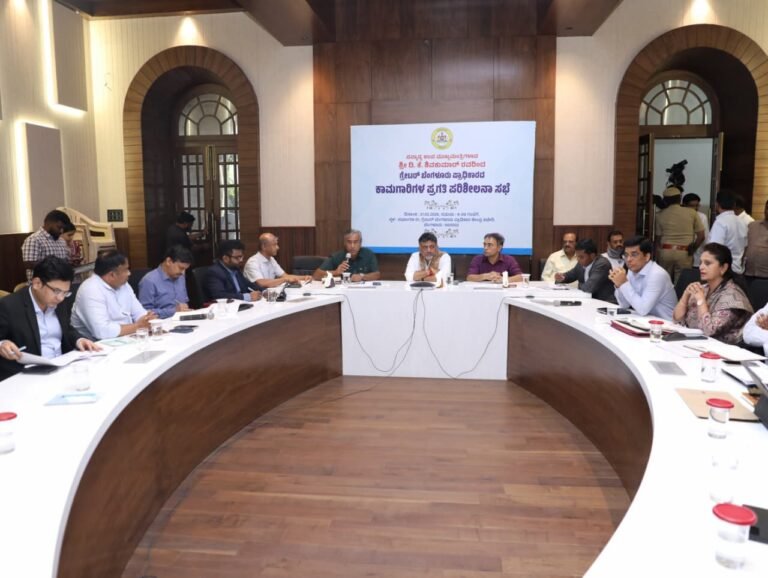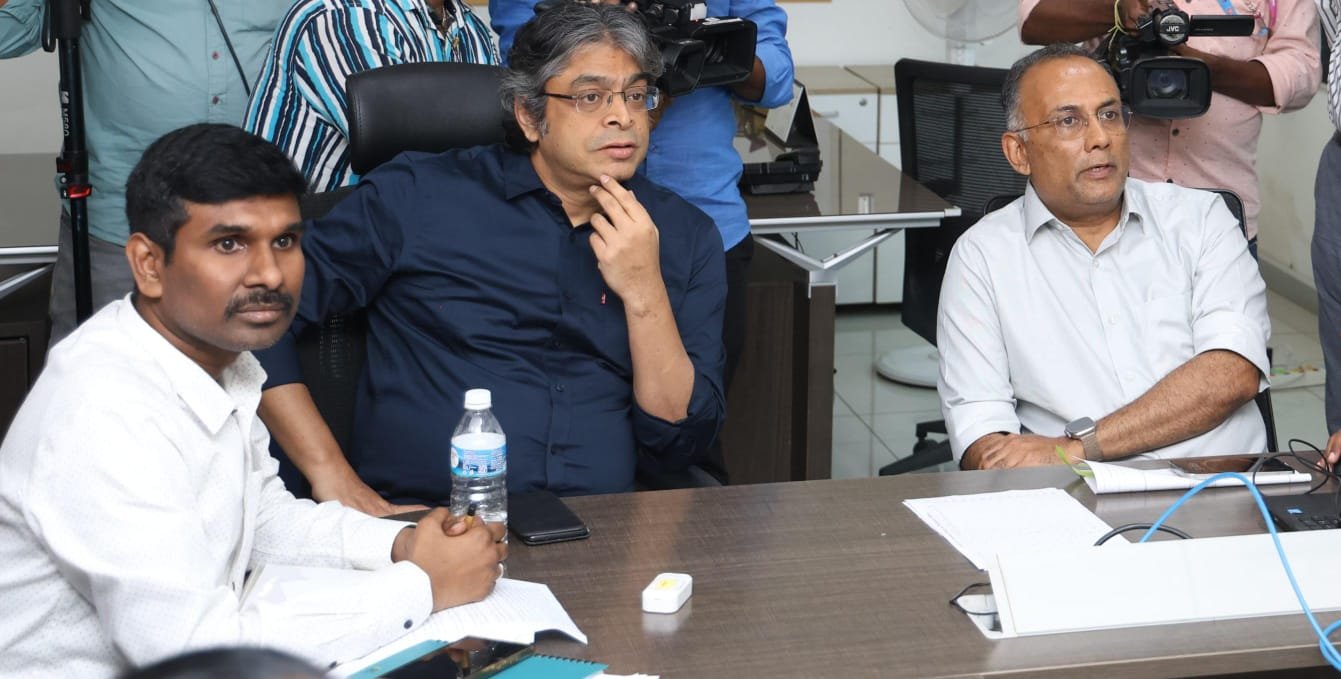
Bengaluru: A full-blown bureaucratic standoff has erupted within the Karnataka government following a controversial letter written by Harsha Gupta, IAS, Principal Secretary of the Health and Family Welfare Department, criticizing the Secretariat’s functioning and calling for a major structural overhaul.
The move has triggered a fierce backlash from the Karnataka Government Secretariat Employees Association (KGSEA), which has accused Gupta of “humiliating an entire cadre of officials” and overstepping his administrative authority.
The association has demanded that Chief Secretary Shalini Rajneesh and Health Minister Dinesh Gundu Rao intervene immediately and direct Gupta to withdraw his letter, describing it as “arrogant, baseless, and destructive to the morale of thousands of government employees.”
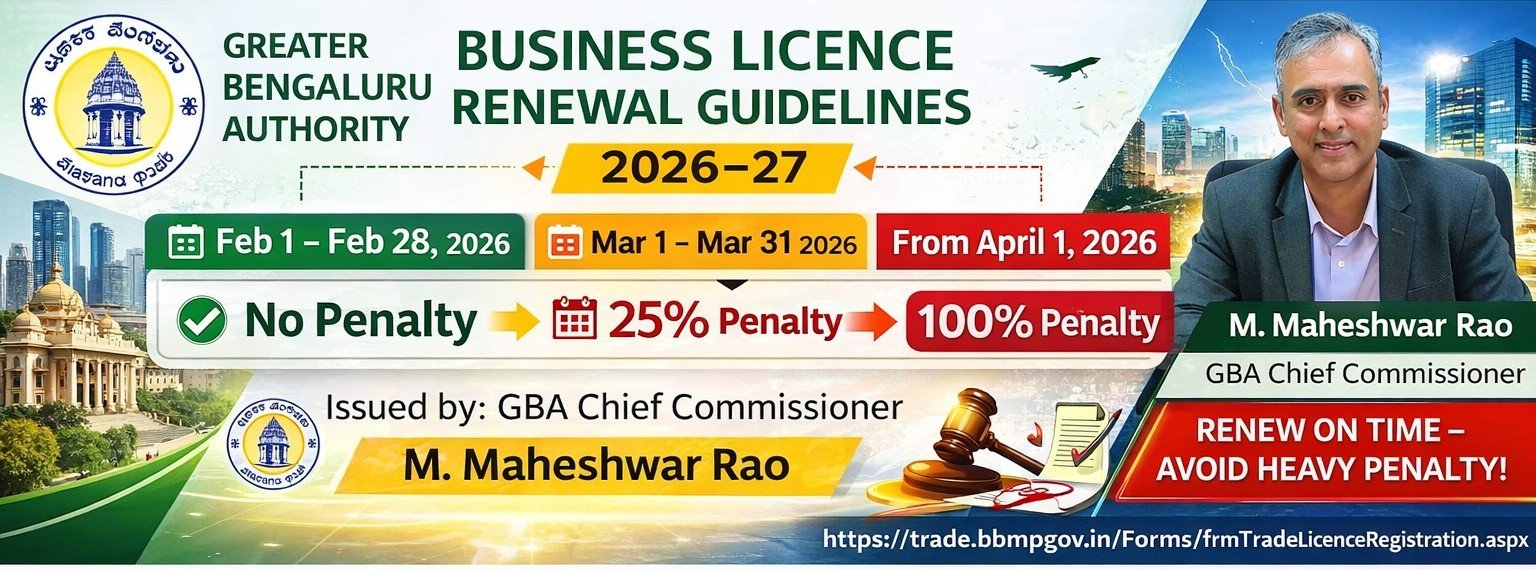
Published In Public Interest by thebengalurulive.com

Gupta’s Trigger: ‘Files Delayed, Inefficiency Rampant’
In his letter dated October 29, 2025, addressed to the Department of Personnel and Administrative Reforms (DPAR), Principal Secretary Harsha Gupta alleged that service-related files within the Health and Family Welfare Secretariat were being delayed at multiple levels, resulting in “inefficiency, lack of supervision, and unnecessary red tape.”
He claimed that despite several reminders and circulars, section officers, under secretaries, and deputy secretaries were not processing key files — related to appointments, transfers, pensions, inquiries, and court cases — with due diligence or on time.
“Despite repeated instructions, files continue to be submitted late or without adequate supporting documents. The lack of accountability has slowed down decision-making in critical health matters,” Gupta wrote.
Proposed Overhaul: ‘Bring IAS and KAS Cadre Into Secretariat’
Going beyond departmental criticism, Gupta recommended sweeping administrative reforms — including recruitment of IAS and senior KAS officers into key Secretariat roles and a comprehensive restructuring of the administrative hierarchy.
He proposed:
- Appointment of directly recruited section officers at higher levels.
- Creation of an Additional Secretary post for the Health Department.
- Appointment of senior IAS or KAS officers to manage crucial service files.
- Strengthening the Administrative Reforms Department (DPAR) to conduct efficiency audits.
- Allowing amendments to rules so that “inefficient Secretariat staff may be transferred out.”
According to Gupta, such reforms were essential to improving efficiency and accountability in a department that manages health services for millions of citizens.
“Timely disposal of service files improves staff morale and enhances the department’s ability to deliver critical public services,” he noted.
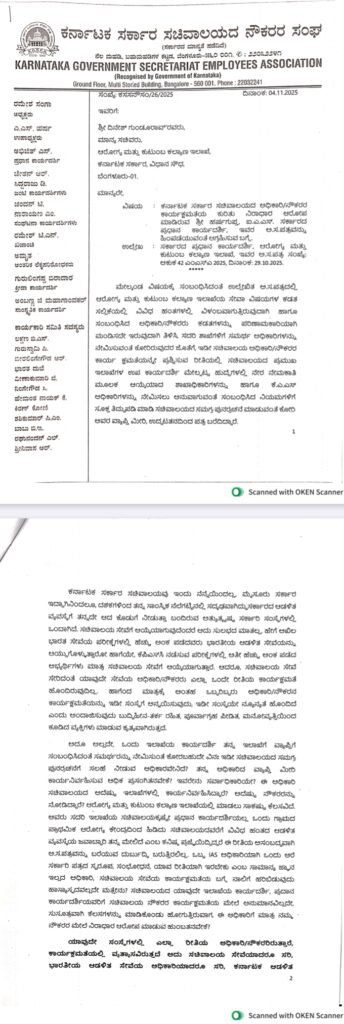
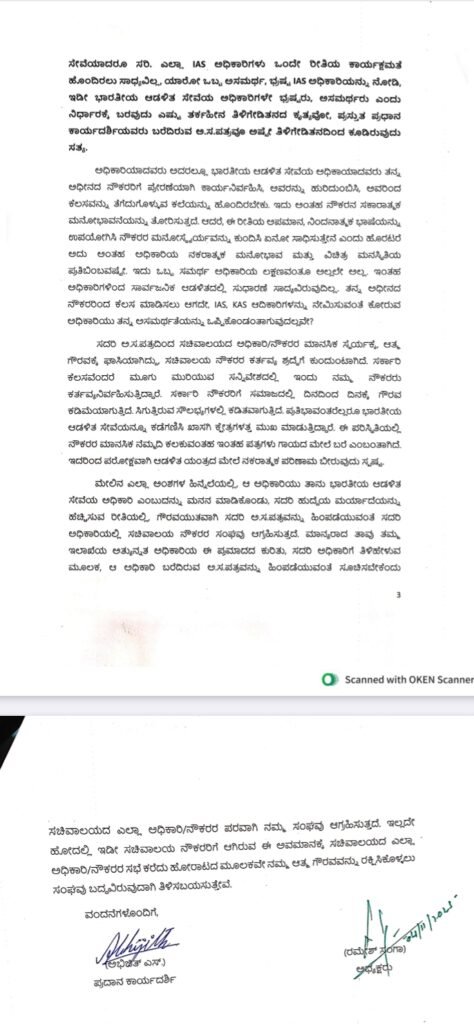
Association’s Fury: ‘An Insult to Karnataka’s Administrative Backbone’
Barely days after the letter surfaced, the Karnataka Government Secretariat Employees Association issued a scathing 5-page rebuttal addressed to the Chief Secretary, denouncing Gupta’s communication as “elitist, unconstitutional, and defamatory.”
The association accused the IAS officer of undermining the dignity of the state’s long-standing Secretariat system — an institution that predates Karnataka’s formation and traces its roots to the Mysore administration.
“The Secretariat is not a playground for experimentation. It is one of the finest institutions in government, built over decades of experience and merit-based recruitment,” the association said in its statement signed by President Ramesh Sanga and other office-bearers.
‘Gupta Has Overstepped His Authority’
The KGSEA pointed out that Gupta, as Principal Secretary of a single department, has no jurisdiction to recommend restructuring of the entire Secretariat — a move that it described as “beyond his administrative competence and an abuse of position.”
“Is he the supreme authority of government? What experience does he have with Secretariat functioning? His comments reveal a complete lack of understanding of governance hierarchy,” the association charged.
The letter further accused Gupta of displaying “IAS arrogance”, saying his attitude reflects a growing divide between the elite bureaucratic services and the Secretariat cadre.
“Government service is not a private empire of IAS officers. Every official — from Group A to D — contributes equally to the system,” it said.
‘Every Service Has Strengths and Weaknesses’
The association also drew a direct parallel, noting that inefficiency is not unique to the Secretariat.
“If one IAS officer performs poorly, does it mean the entire Indian Administrative Service is incompetent? Similarly, one or two underperforming staff cannot define the Secretariat’s integrity,” the association argued.
It accused Gupta of “demoralizing hard-working employees who continue to serve the state amidst increasing workload, shrinking benefits, and public criticism.”
‘Withdraw the Letter or Face Protest’
The KGSEA urged the Chief Secretary to order the withdrawal of Gupta’s letter and issue directions to all IAS officers to maintain decorum and mutual respect toward their subordinates.
“This is not merely about one department. The entire Secretariat has been insulted. If corrective action is not taken, we will convene a general body meeting and launch a state-level protest to protect our dignity,” the association warned.
A Legacy Institution Under Fire
Founded during the Mysore State era, the Karnataka Secretariat has long been regarded as the administrative nerve centre of the state government — coordinating policy implementation across all departments.
Association leaders highlighted that Secretariat officers are selected through the Karnataka Public Service Commission (KPSC) via rigorous examinations, with top-ranking candidates securing appointments similar to how IAS officers are recruited through the UPSC.
“Like IAS officers are chosen from the top of the UPSC merit list, our officers are the best from KPSC. The attempt to label them inefficient is ignorant and unjustified,” the KGSEA said.
Growing Rift Between IAS and State Cadre
This confrontation is not isolated. Over the past few years, state service officers have repeatedly accused certain IAS officials of “elitist behaviour” and “policy monopoly”, alleging that decision-making has become increasingly centralized within a small bureaucratic circle.
Several senior officials privately admit that “communication gaps” and “ego clashes” have become more frequent between the IAS hierarchy and state-level cadres, particularly in departments handling health, education, and rural development.
The Way Forward
The ball is now in the Chief Secretary’s court. If the government does not address this rift swiftly, it could deepen internal friction within the bureaucracy — affecting administrative efficiency across Karnataka.
As one senior Secretariat official remarked anonymously:
“The system works on coordination, not confrontation. If one group claims superiority, the entire structure collapses.”
The episode serves as a reminder that governance is ultimately built on teamwork, respect, and institutional integrity — not individual ego or bureaucratic rank.


